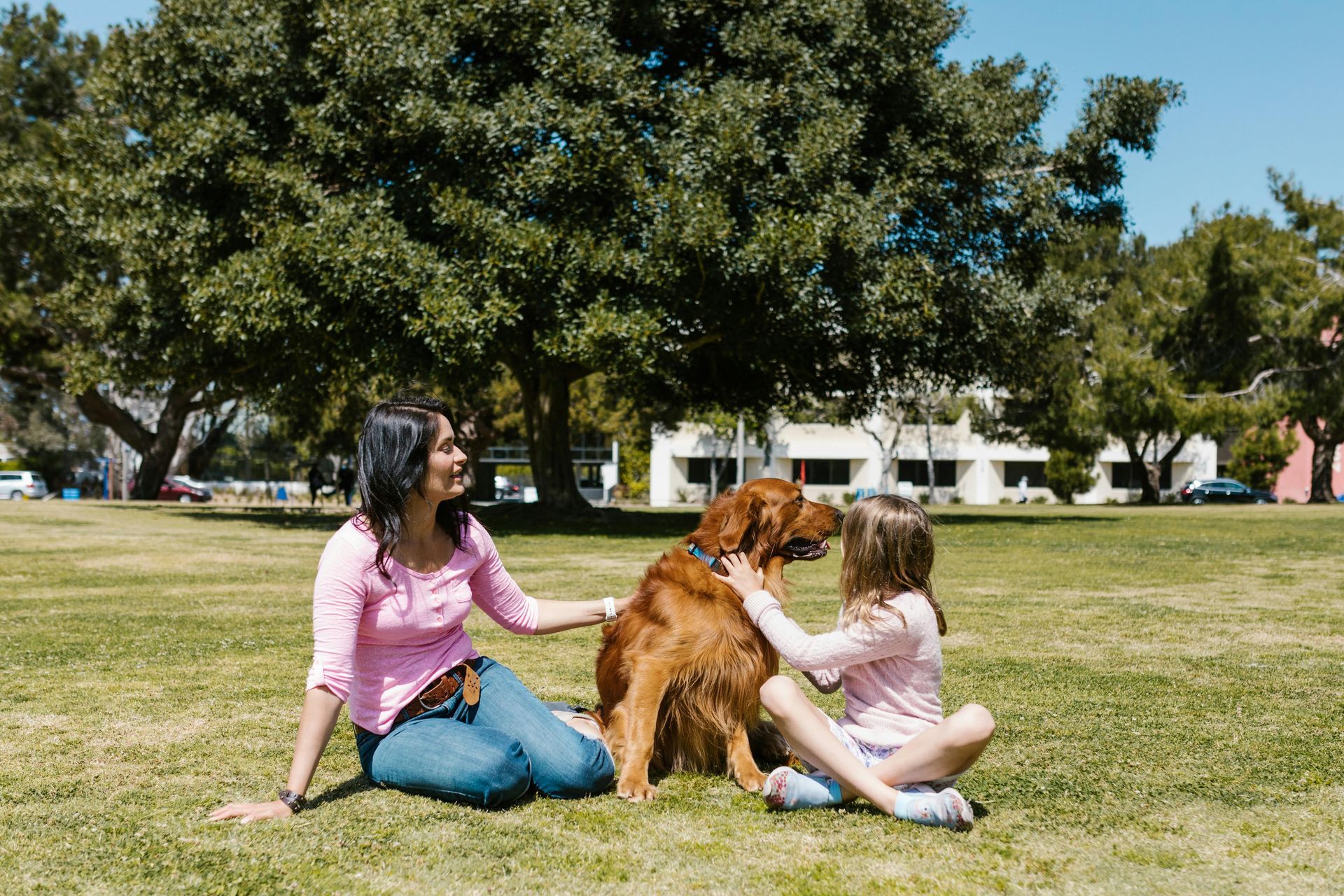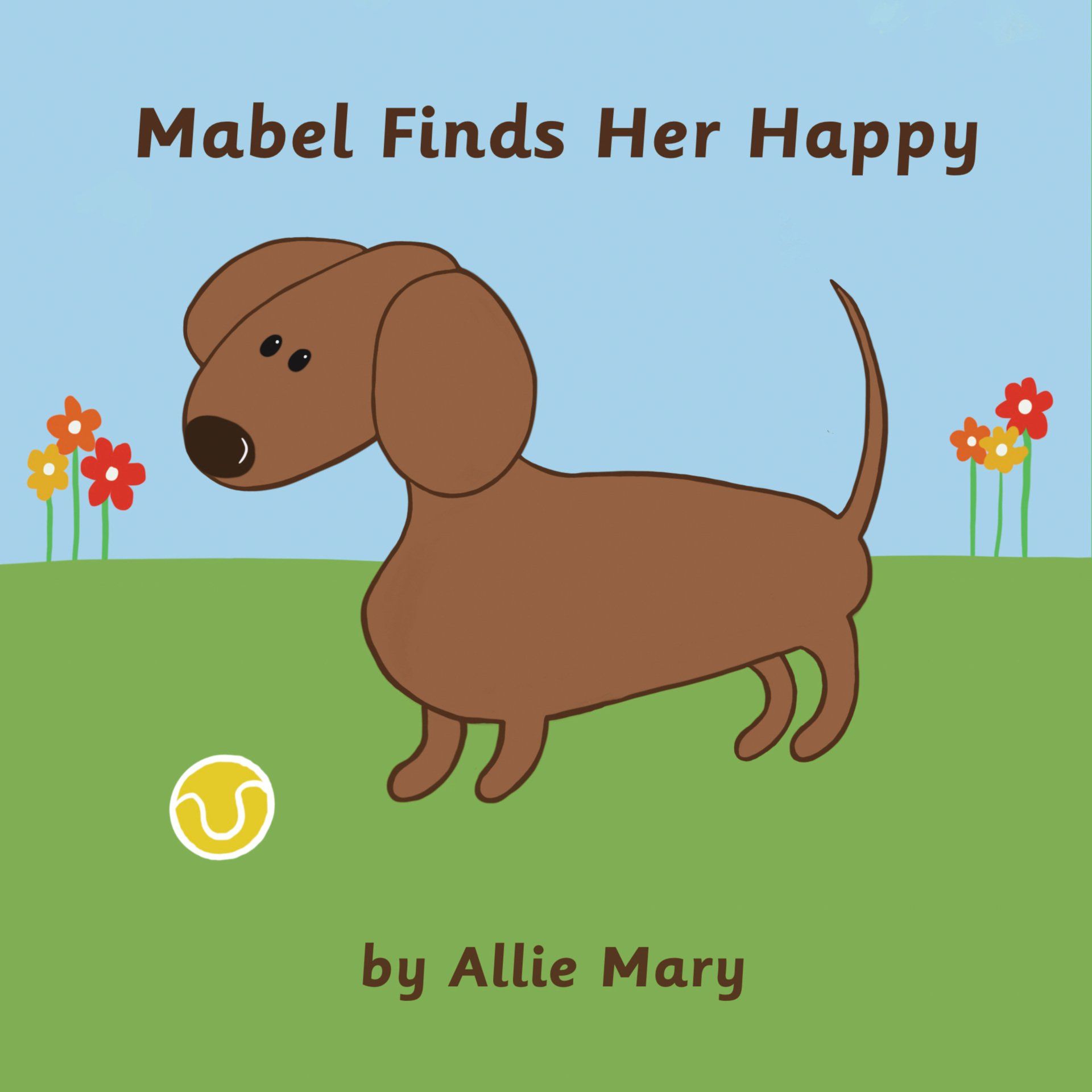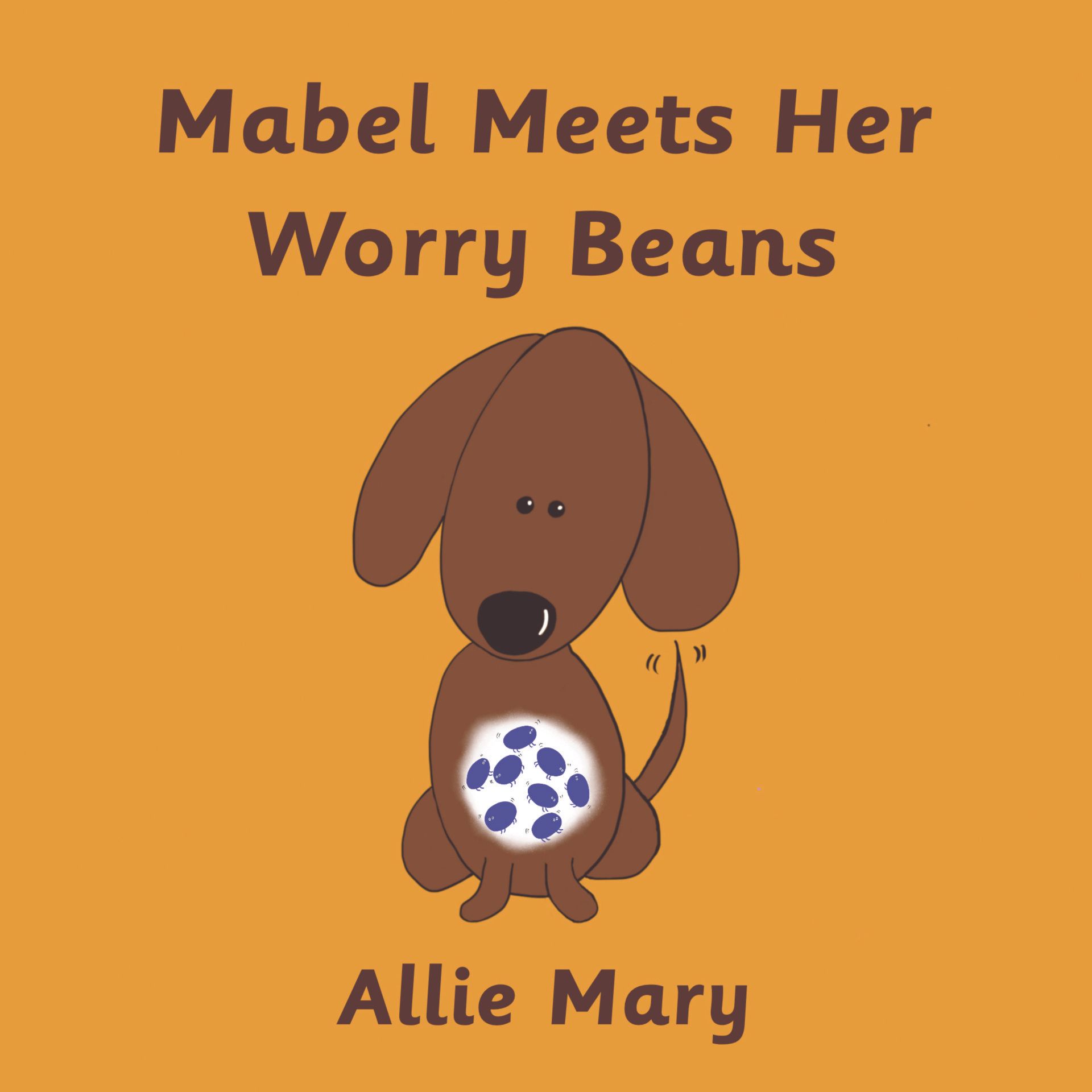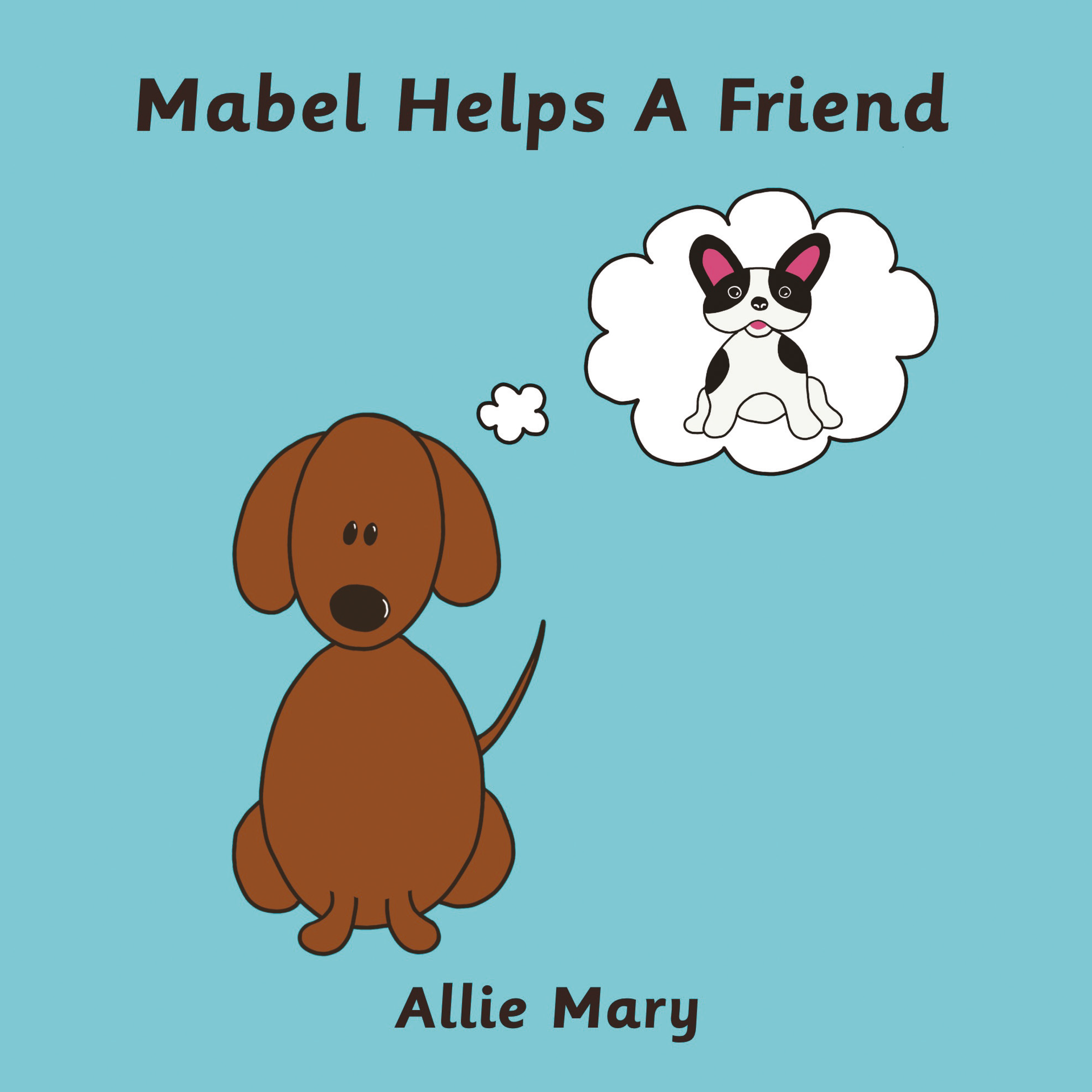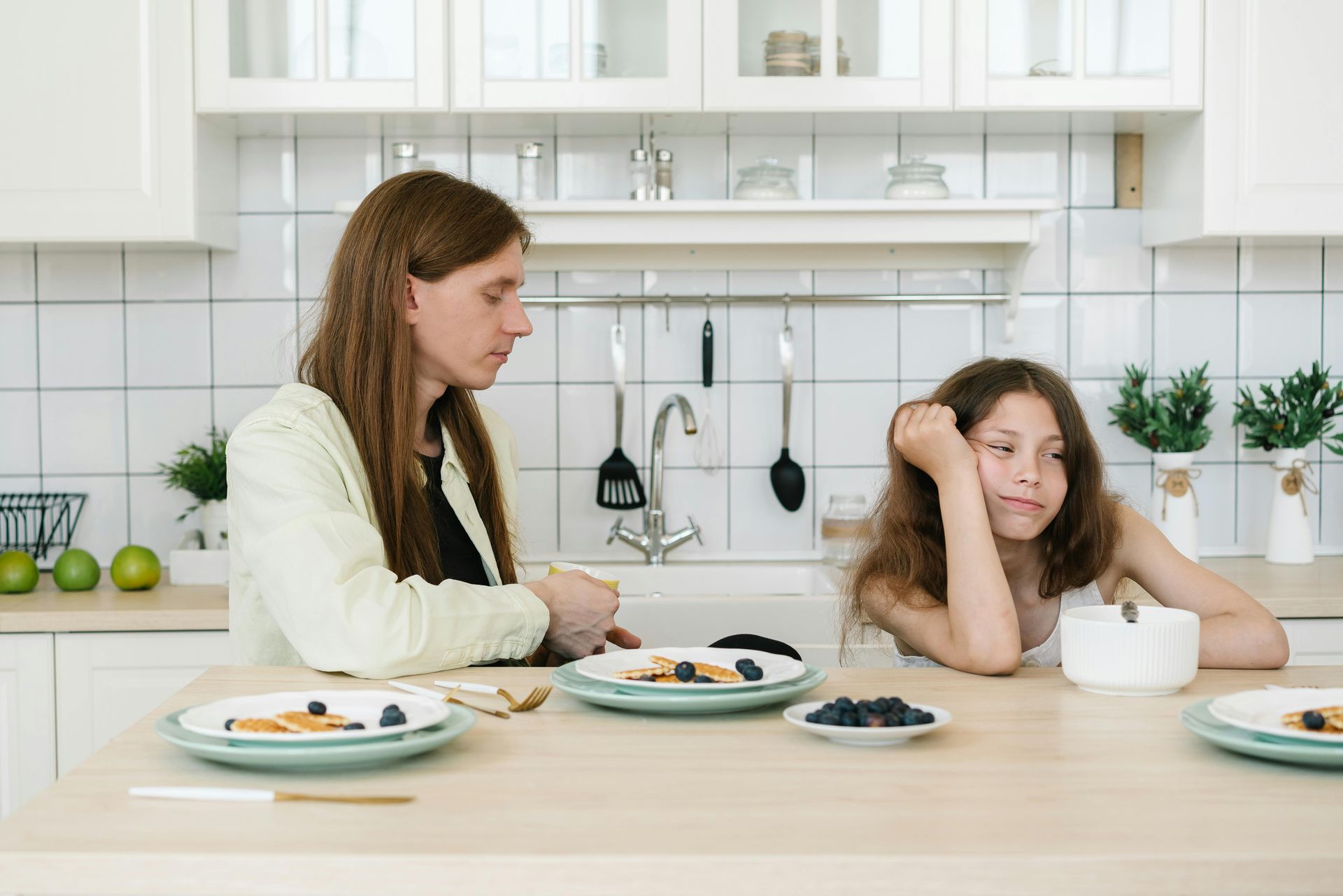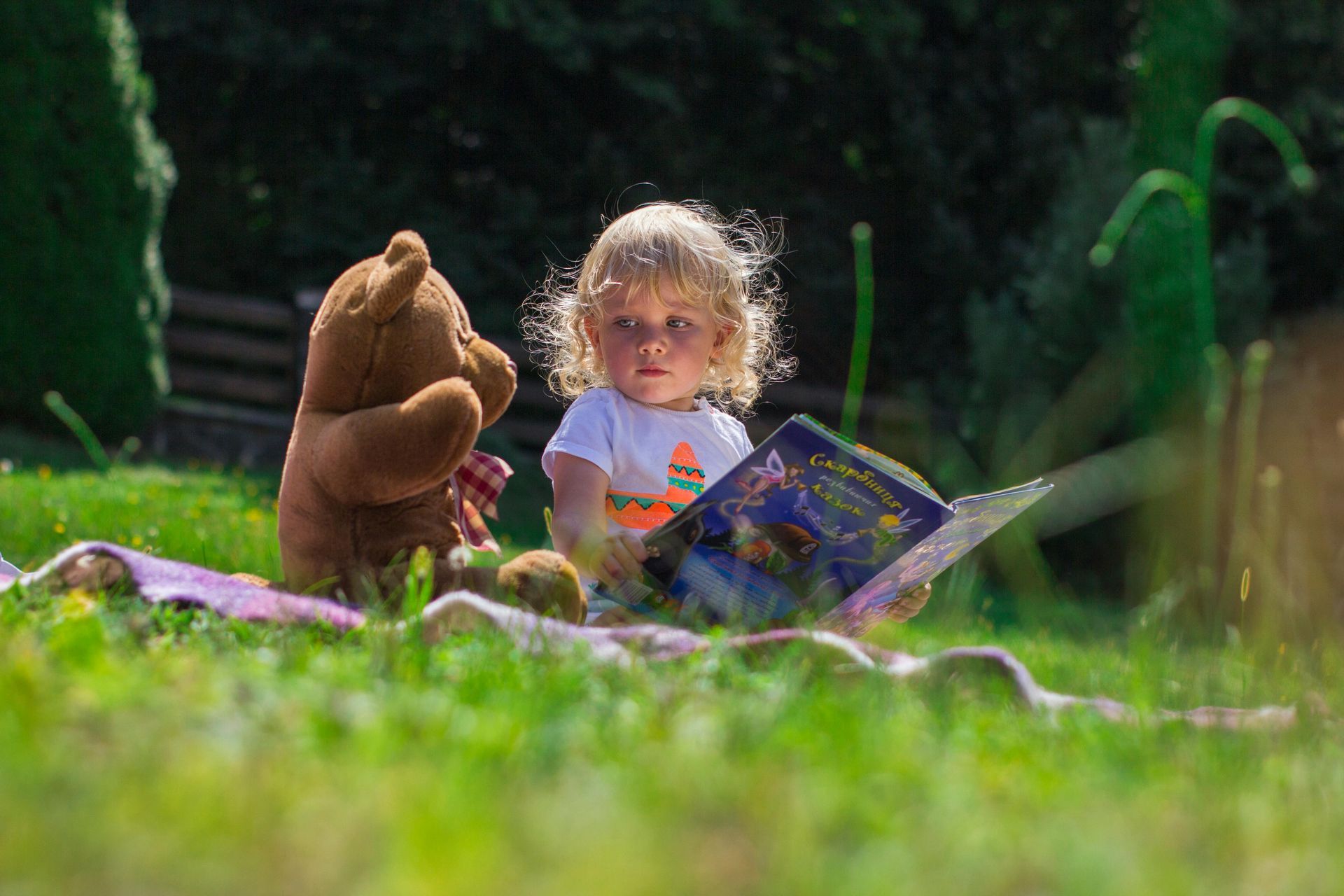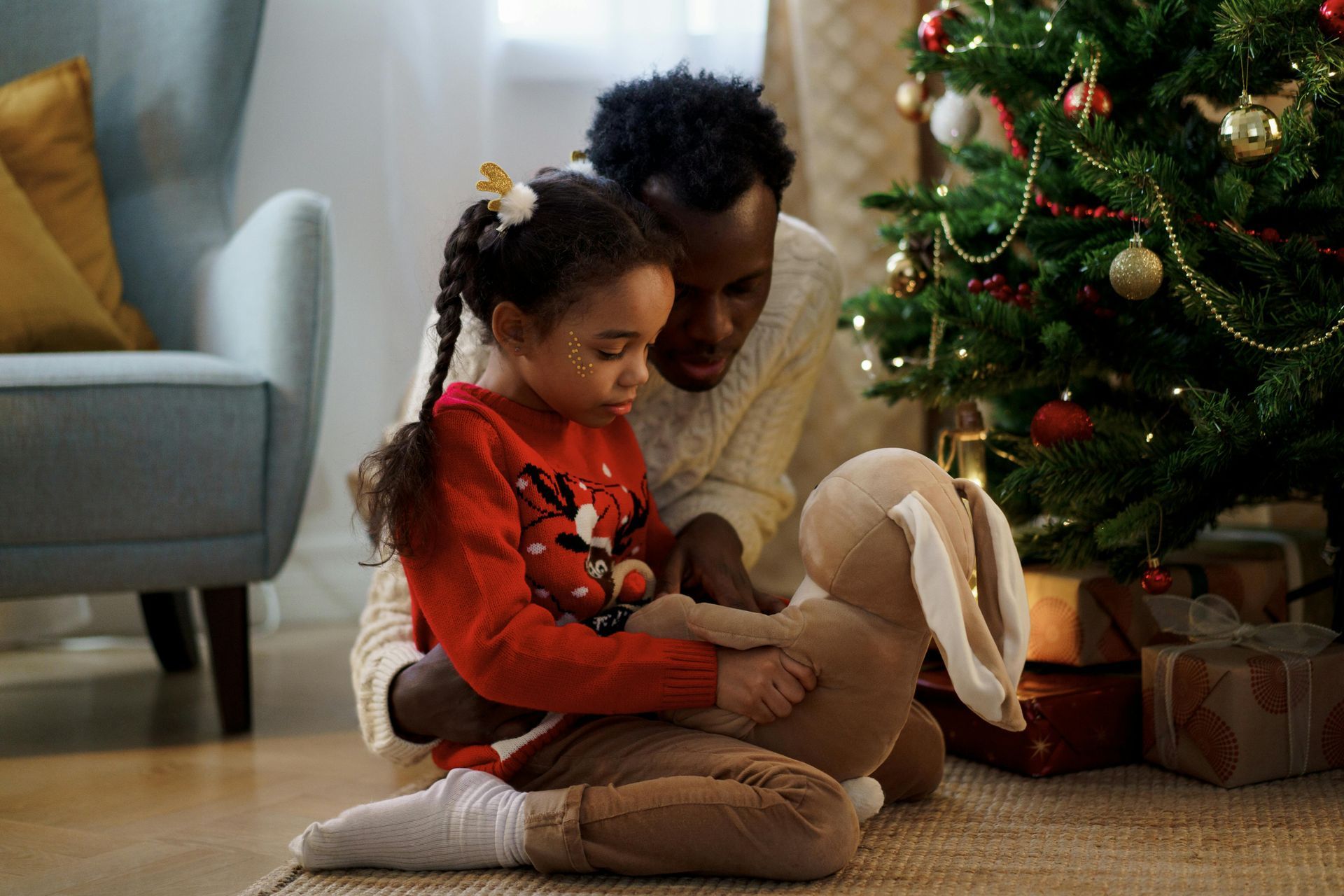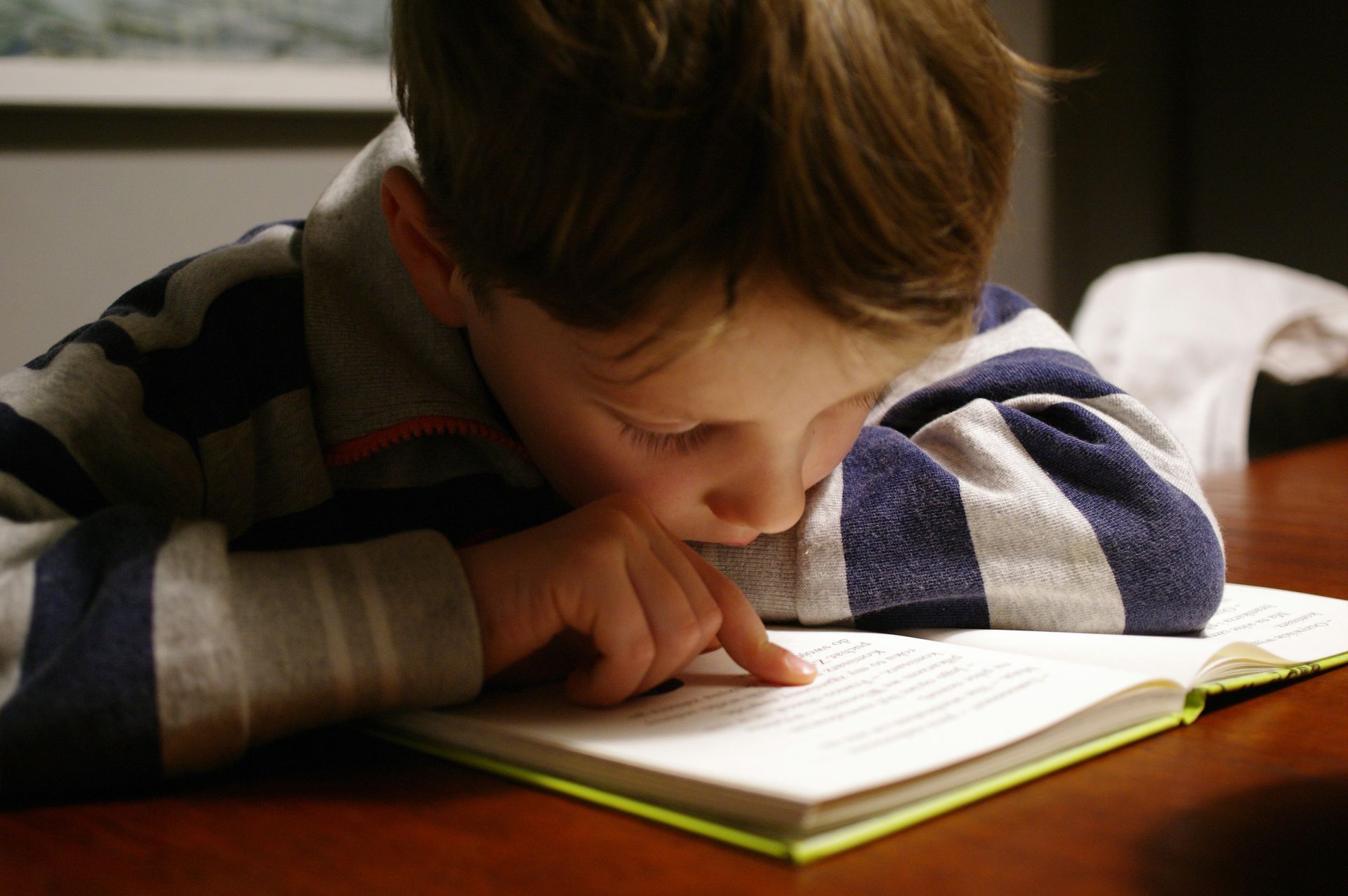Explaining Mental Health to Children: My Journey as an Author
I would like to share my journey as an author with a teaching background who embarked on a mission to help children understand and navigate the complex world of mental health. In a world where the importance of nurturing emotional well-being in children has never been clearer, my work has been a labour of love and compassion.
Nurturing Children's Mental Health
My journey began when I, like many others, witnessed the profound impact of the COVID-19 pandemic on children's lives. The pandemic brought with it extended periods of physical isolation, keeping children away from friends, extended family, and teachers. This lack of social connection took a toll on their mental health because, at our core, we are all naturally social beings. The youngest members of our society, infants, and preschool children, were particularly affected by this isolation.
As a teacher, I couldn't stand by and watch the challenges that children were facing. It became evident to me that children needed a way to explore and understand their emotions and feelings. Moreover, they needed strategies to cope with them effectively. And so, my journey to create a teaching aid that would make positive changes in children's lives began.
The Birth of the Mabel Series: A Gentle Approach to Mental Health
The result of this journey is the Mabel series of books, a collection of heartwarming stories that tackle various aspects of mental health through the eyes of a lovable character named Mabel, a miniature Dachshund, and her family. These books aim to provide a comfortable and relatable setting for children to explore complex emotions. The series currently includes three books:
Mabel Finds Her Happy: In this book, we address the topic of depression, allowing young readers to better understand this mental health condition and how it affects individuals.
Mabel Meets Her Worry Beans: Anxiety is a common challenge, even for children. This book introduces the concept of anxiety and offers gentle strategies for coping with worries.
A Compassionate Approach: Explaining Mental Health to Children
Now, let's delve into the heart of the matter: how do we explain mental health to children? Here are some strategies I've found to be particularly effective, inspired by the Mabel series:
- Relatable Characters and Familiar Settings: Using characters like Mabel and her family creates a comfortable and relatable backdrop for discussing complex emotions.
- Age-Appropriate Language: Tailoring explanations to a child's age and maturity level ensures that they can grasp the concepts without feeling overwhelmed.
- Storytelling: Children often respond well to stories. Sharing stories like those in the Mabel series helps children understand that they are not alone in their feelings and experiences.
- Encourage Questions: Fostering an environment where children feel safe asking questions promotes open communication and allows you to address any concerns or misconceptions they may have.
- Normalise Emotions: Teach children that it's absolutely normal to experience a range of emotions, just like Mabel and her family in the books. Emphasise that everyone experiences sadness, worry, and other emotions at times.
- Empower and Offer Support: Let children know that there are ways to cope with difficult emotions, just as Mabel and her family do in the stories. Encourage them to talk about their feelings and seek help when needed.
Paving the Way for Happier and Healthier Lives
My journey as an author with a teaching background has been deeply rewarding. I believe that by using relatable characters and familiar settings, we can guide children toward a deeper understanding of their own mental health. Ultimately, this empowers them to navigate life's challenges with resilience and well-being.
Remember, it's never too early to start these important conversations and build a foundation of emotional well-being in our children. Together, we can create a brighter, more compassionate future, one where children grow up understanding and valuing their mental health. Thank you for joining me on this journey of compassion and understanding.
